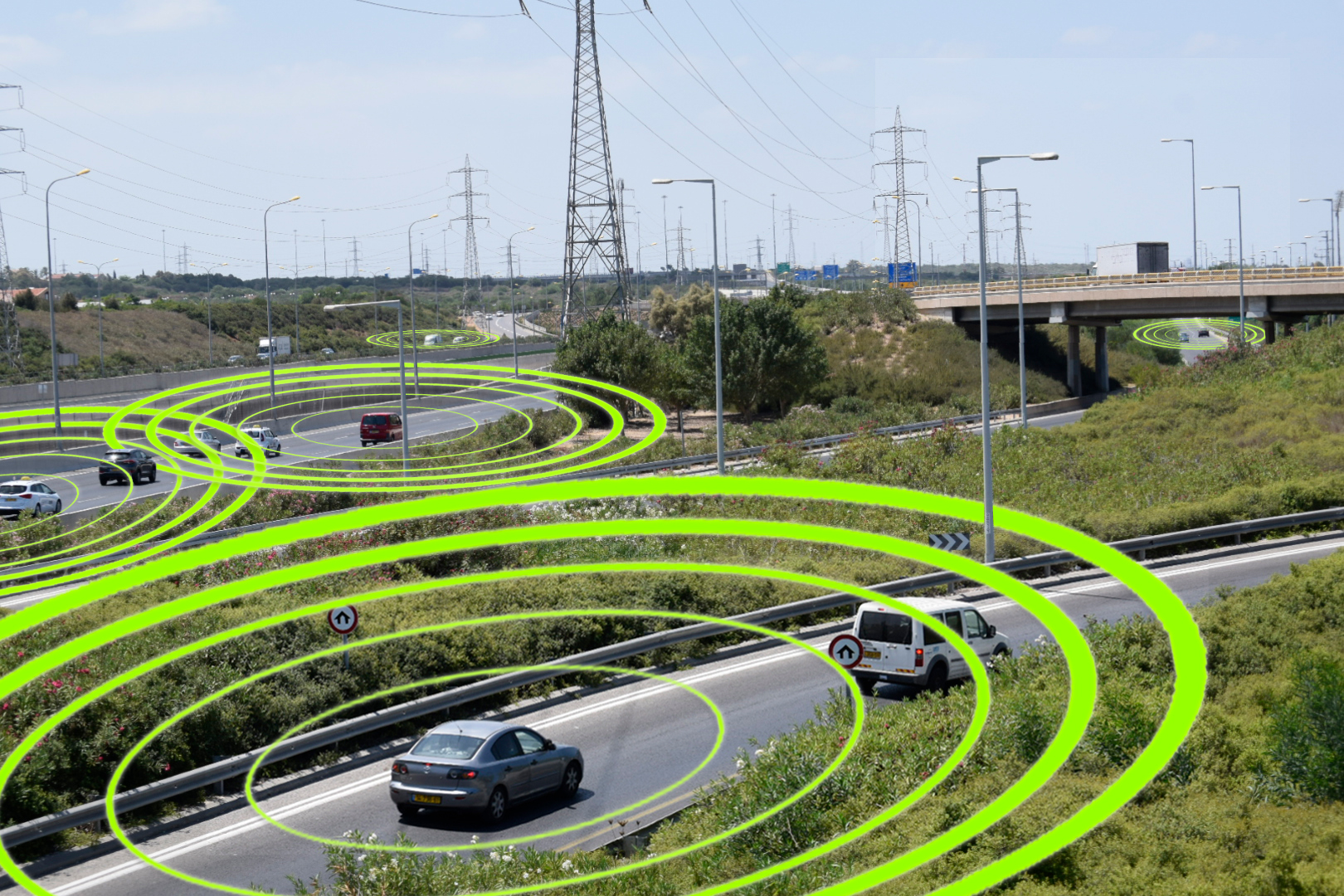ERM Advanced Telematics Develops Anti-Ransomware for Vehicles
International automotive technology provider ERM Advanced Telematics has completed development of an integrated hardware-software product that is designed to protect vehicles against ransomware and other cyber-attacks.
The solution, called eCyber, is suited for both OEMs and the aftermarket. The eCyber technology, for which ERM has already registered a patent in Israel, is due to be available in the 4th quarter of 2018 for all of the company’s customers and partners in 68 countries worldwide.
When compared to other solutions on the market today, ERM’s eCyber uniqueness is that it can be installed in a vehicle by authorized parties, such as vehicle importers and fleet managers in the aftermarket stage – after the vehicle left the factory, as well as by the OEM itself during the manufacturing process.
The eCyber, is installed between the vehicle’s external communications device and the vehicle’s CAN Bus (Controller Area Network Bus). The eCyber performs as a secure gateway for outside communications to the CAN Bus, allowing only communications with predefined and known parameters and values to go through. At the same time, it immediately blocks any unrecognized communications to and from the CAN Bus. In this way, no malicious digital communications can disrupt the functioning of the vehicle. The eCyber, which is installed in the vehicle, is a combined hardware and software solution in a single compact box.
Here’s what’s at play: Ransomware attacks are emerging as some of the most serious cyber risks with which connected cars must withstand. During a ransomware attack on a connected car, hackers remotely connect to the car, damage or lock it, and demand that the owner pay them ransom to resume its proper operation.
More broadly, cyber risks faced by individual vehicles and fleets are attracting increasing attention in the automotive industry. According to a study by KPMG on cyber security of vehicle fleets, the average connected car has more than 150 million lines of software code. The study predicts that, by 2022, North American users of connected cars will use an average of 21 gigabytes of data per month. Additionally, the 2017 KPMG Management Survey found that 85% of automotive industry managers said that their organizations would boost investment on cyber protection over the next three years, more than any other industry included in the survey. Furthermore, according to the Irdeto Global Connected Car Survey, published in late 2017, consumers’ concern about the cyber security of connected cars is liable to discourage them from buying one. 85% of respondents said that they believe that a connected car is liable to be a target for a cyber-attack.
Meir Hayman, founder and CEO of ERM Advanced Telematics, stated: “ERM is working closely with the automotive industry, vehicle importers and fleet managers to improve fleets, to make them more efficient, and to protect the driver and passengers, as well as the vehicle itself. This work gives the company an in-depth understanding of all the elements regarding the protection of the vehicle and its occupants as well as cyber defense. In the technological aspect, the advantage of eCyber solution lies in its integrated hardware and software all-in one compact box, which can be adapted to any vehicle and to almost any external interface. In the business aspect, the fact that eCyber can be installed either on the production line or at any time during the vehicle’s life cycle – including in the aftermarket, practically increases the total available market to which the company can offer this patent-protected technology. ERM’s broad worldwide deployment will help customers utilize eCyber to protect themselves against ransomware and other cyber risks.”
Category: Connected Fleet News, General Update, News, Safety











